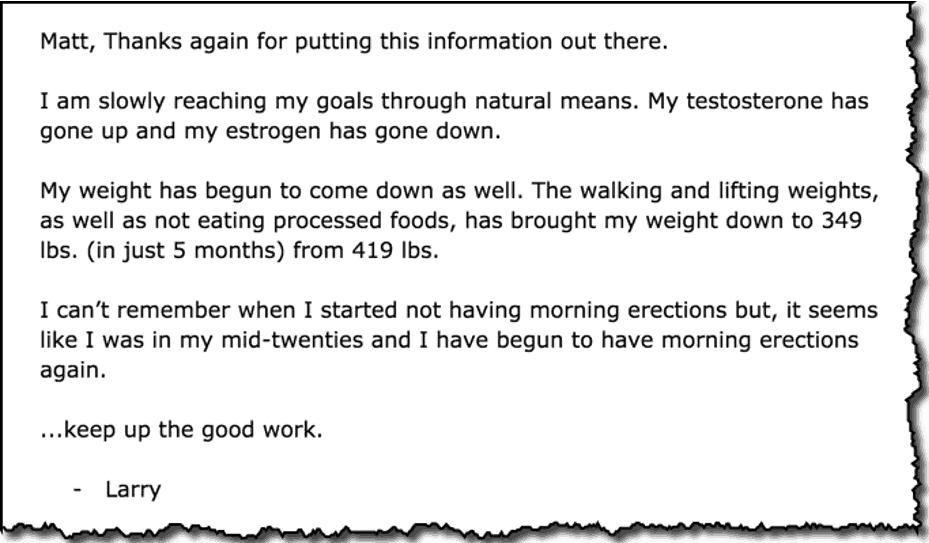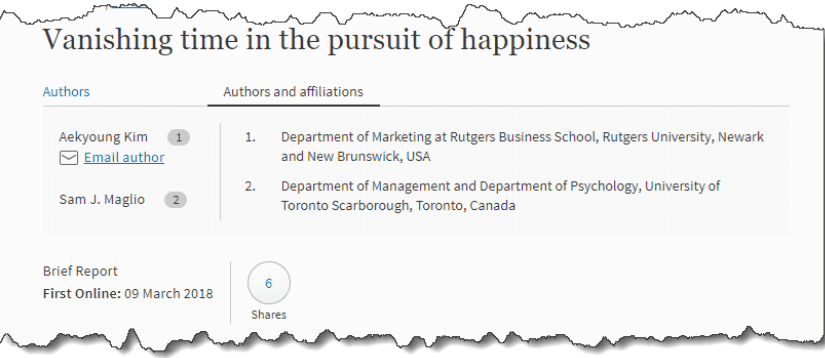
[cmamad id=”15518″ align=”center” tabid=”display-desktop” mobid=”display-desktop” stg=””]
Their sex lives become better than when they were teenagers.
—–Important Message—–
Foods that kill testosterone
You already know that certain foods we eat kill our testosterone and our wreck our thyroid levels.
These bad foods are packed with PUFAs and it’s already known that they lower metabolism, lower testosterone, and lower thyroid.
No wonder so many men are experiencing more and more stubborn belly fat, erection problems, and other metabolic problems.
There are more of these bad fats in processed foods today than there ever have been before.
But by cutting out these bad fats, a man’s body will begin building testosterone and thyroid levels.
At that point, the man experiences more and more energy and that surge of testosterone that makes him confident. It even makes a man’s muscles more hard and firm.
And that surge of testosterone helps the man’s sexual perform.

———-
Full whole-body orgasms explained here
Most people WANT to be happy. They really do.
Heck, in America it is even part of our Constitution: “life, liberty, and the pursuit of happiness.”
But how to get happy?
Philosophers have been asking that question throughout the millennia.
Only recently has science been able to shed some light on how to make real, sustained happiness a possibility.
However, as with many things in life, it turns out that achieving happiness is sometimes a little bit on the counterintuitive side.

To become happy you sort of need to come at it sideways.
This is a fascinating study because it focuses on a unique twist on the idea of being happy.
It looks at how people think about happiness…and whether looking towards happiness as a goal makes you more or less happy.
[cmamad id=”15519″ align=”center” tabid=”display-desktop” mobid=”display-desktop” stg=””]
“People generally like to feel happy, but achieving a state of happiness takes time and effort.”
In American culture, if you want to be happy you typically look at happiness as a goal.
We feel it’s something that we must achieve.
Then we make a plan and work to achieve that goal.
But…as it turns out, that popular idea might backfire.
Have you ever tried to make yourself feel happy when you’re doing something really boring?
It isn’t the easiest thing in the world to do.
But that’s exactly what the scientists asked their first group of participants to do.
“Some participants were instructed to list things that would make them happier…or to try to make themselves feel happy while watching a dull movie about building bridges…thus demonstrating happiness as goal pursuit.”
By asking the participants to try to feel happy during a dull movie, the researchers wanted to find out what happens when people set a goal of happiness and try to achieve it.
The second approach they wanted to explore was the idea of happiness at some time in the past rather than happiness now.
So the other participants were asked to reflect on items that had made them happy in the past… or to watch a movie that typically makes people happy.
“The other participants came to think of happiness as a goal that they had already accomplished, achieved by watching a slapstick comedy (rather than the bridge movie), or listing items showing that they are already happy.”
The first group, with the goal of being happy now, ended up pretty miserable.
It seems that the shift in thinking that occurred with the first goal group made people try to cram happiness into a certain timeframe.
And, paradoxically, that cramming made them unhappy.
“Pursuing happiness caused the participants to think of time as scarce.”
I imagine that this idea of scarcity of time made people feel pressure…
Pressure releases stress hormones – and that leads directly to unhappiness.
“Researchers have now found that people who pursue happiness often feel like they do not have enough time in the day, and this paradoxically makes them feel unhappy.”
On the other hand, the participants who reflected on happy events or experienced something that they expected to make them happy – were happy.
“If someone believes they have achieved happiness, they are left with the time to appreciate this…”
Believing you’re happy makes you happy.
It seems that you can become happier by experiencing happiness in the moment or by reflecting on past happiness experiences…
…rather than trying to push towards happiness in the future.
In this way, happiness and sex are closely related…
You might ask me why or how this is the case…
How are sex and happiness related to each other (besides the obvious ways)?
I’ve coached thousands of men so they can have the best sex of their lives – often better than when they were teenagers.
It’s not unusual for a 75-year-old man to write and tell me how happy sex is making him now that he’s using my methods.
One change I help people make is the same change this study is talking about…
Men become much happier with sex if they enjoy sex in the moment – instead of aiming for sex as a goal…or orgasm as a goal…
By reflecting on sex as a great experience they had in the past, or enjoying it more in the moment…
…men can dramatically improve their sex lives.
Happiness seems to operate on the same principle.
Savor happiness rather than striving for it.
I suppose that’s where the saying “take time to smell the roses” comes from.
—–Important Message—-
Whole-body orgasms explained
It will feel so good – as if you just took 10 condoms off your penis.
And if your penis FEELS more, your brain will begin activating the “erection muscle” – the connection deep in the brain that controls your penis will wake up.
And you’ll have hard, long-lasting erections again.
The best way to do this is to learn the whole-body orgasm method.
The whole-body orgasm method is explained here.

The whole-body orgasm method can give you and her hours of pleasure, with off-the-charts whole-body orgasmic feelings.
Again: You could use Big Pharma’s chemicals…But they are expensive, their effectiveness is shaky at best…AND they are unhealthy…
Or you can use the whole-body orgasm method…
…some men who are 85 report feeling more than they did when they were teenagers when they use the whole-body orgasm method.
——-


Each discovery is based upon primary studies from peer reviewed science sources following the Daily Medical Discoveries 7 Step Process to ensure accuracy.